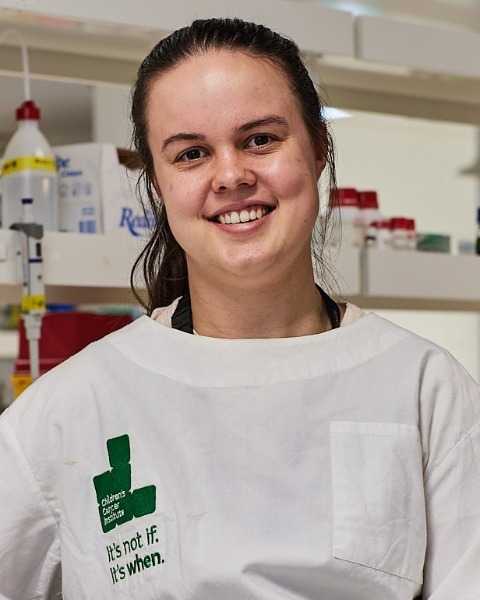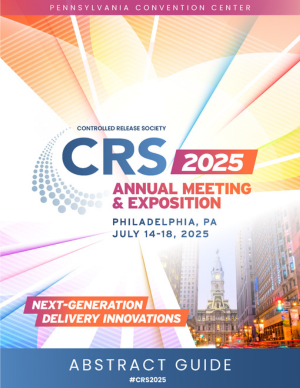Nanomedicine and Nanoscale Delivery
Gene Delivery and Gene Editing
Tech Session IV: Nanomedicine and Nanoscale Delivery (Focus: Gene)
Precision Attack: GD2-Directed siRNA-Lipid Nanoparticles to Target Neuroblastoma’s Weak Spots
Wednesday, July 16, 2025
3:38 PM - 3:49 PM EDT
Location: 120 B/C
Introduction: Neuroblastoma is an aggressive pediatric cancer requiring more effective and less toxic therapies. One promising strategy involves using short interfering RNA (siRNA) to silence cancer dependency genes, which are crucial for cancer cell survival. To deliver siRNA effectively to tumors, improvements to the gold standard delivery vehicle, lipid nanoparticles (LNPs), are needed. Here, we developed targeted LNPs using a bispecific antibody (BsAb) that recognizes the neuroblastoma antigen GD2 and polyethylene glycol (PEG), to improve delivery of siRNAs targeting dependency genes in neuroblastoma.
Learning Objectives:
At the completion of this activity, participants will know
- Evaluate the role of GD2 targeting in controlling siRNA-LNP uptake and efficacy in neuroblastoma.
- Explain methods to identify and validate cancer dependency genes as therapeutic siRNA targets.
Ernest Moles – Senior Research Officer, Children's Cancer Institute and University of New South Wales; Joshua McCarroll – Group Leader, Children's Cancer Institute and University of New South Wales; Antoine de Weck – Group Leader, Children's Cancer Institute and University of New South Wales; Kathleen Kimpton – Program Officer, Children's Cancer Institute; Joanna Skhinas – Senior Research Assistant, Children's Cancer Institute; Christopher Howard – Research Fellow, University of Queensland; Kristofer Thurecht – Group Leader, University of Queensland; Maria Kavallaris – Professor, Children's Cancer Institute and University of New South Wales

Amy Logan, PhD (she/her/hers)
Postdoctoral Researcher
Children's Cancer Institute Australia
Randwick, New South Wales, Australia

